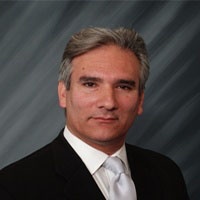Grand Rapids Criminal Lawyer, Michigan
Sponsored Law Firm
-
 x
x

Click For More Info:
-
Law Office of Mark S. Guralnick
55 Madison Avenue 4th Floor Morristown, NJ 07960» view mapCriminal Defense Law Dedicated. Fearless. Successful.
Mark S. Guralnick and his legal team have helped clients throughout the USA and across the world by applying unparalleled dedication and hard work to each case.
800-399-8371
Thomas B. Baynton
✓ VERIFIEDAt the Law Office of Thomas Baynton PLLC, Thomas Baynton is an experienced attorney serving the people of West Michigan. If you have been charged with... (more)
John M. Danian
✓ VERIFIEDAt Danian Law Office, PLLC, we know how stressful a legal conflict can be. Whether you are facing anything from criminal charges to a civil lawsuit, t... (more)
Akiva Goldman
✓ VERIFIED(866) 666-2889 - CALL NOW! FREE CONSULTATION - Mr. Akiva Goldman is the managing partner of Goldman & Associates and a member of the State Bar of Mich... (more)
FREE CONSULTATION
CONTACTFREE CONSULTATION
CONTACTFREE CONSULTATION
CONTACT Mark Guralnick Morristown, NJ
Mark Guralnick Morristown, NJ AboutLaw Office of Mark S. Guralnick
AboutLaw Office of Mark S. Guralnick Practice AreasExpertise
Practice AreasExpertise



